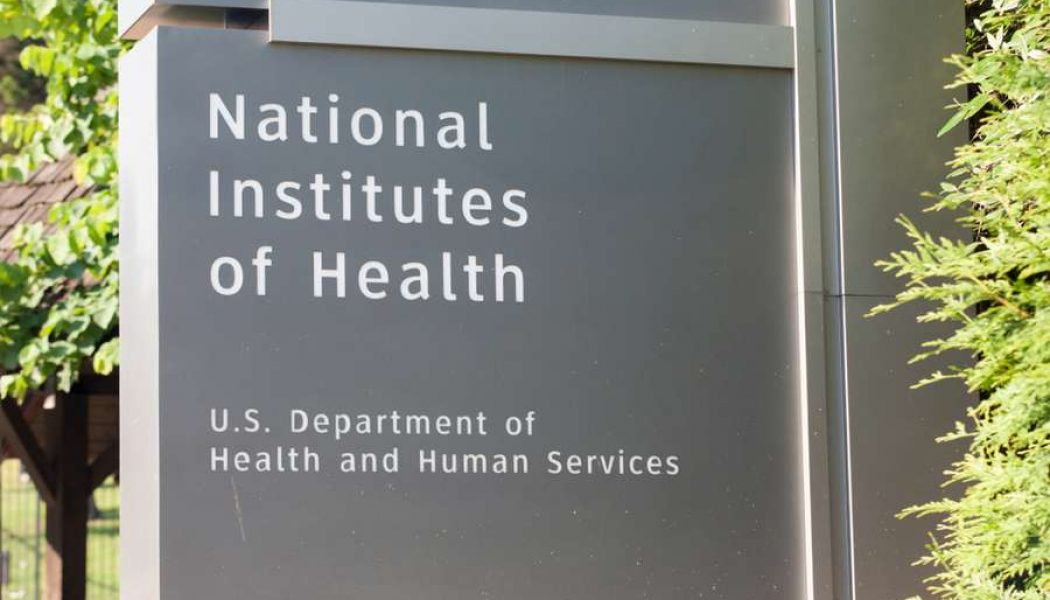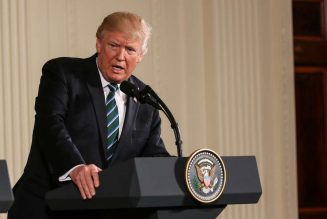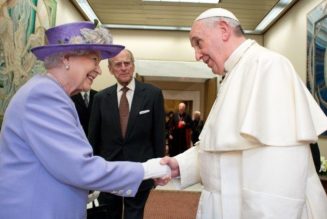
.- The U.S. bishops’ pro-life committee praised the Trump administration on Thursday after a federal ethics advisory board recommended against federal funding of fetal tissue research.
The Human Fetal Tissue Research Ethics Advisory Board of the National Institutes of Health (NIH)—set up by the Trump administration to review grant proposals for federally-funded fetal tissue research conducted outside of NIH facilities—issued its report on Tuesday.
In its report, the advisory board said that members voted to withhold federal funding of 13 different fetal tissue research proposals, and voted not to withhold funding of one such proposal.
In response, Archbishop Joseph Naumann of Kansas City—the head of the U.S. bishops’ pro-life committee—said the bishops “applauded” the administration “for moving NIH in a direction that shows greater consideration for medical ethics in research, and greater respect for innocent human life.”
Naumann said that aborted fetal tissue research is not necessary.
“It is neither ethical nor necessary to further violate the bodies of aborted babies by commodifying them for use in medical research,” he said. “The victims of abortion deserve the same respect as every other human person.”
In June of 2019, the Department of Health and Human Services (HHS) announced a moratorium on new fetal tissue research at NIH facilities, and that funding of “extramural” research conducted outside NIH would be reviewed on a case-by-case basis.
“Promoting the dignity of human life from conception to natural death is one of the very top priorities of President Trump’s administration,” HHS stated in the 2019 announcement.
In addition, the administration said that an advisory ethics board would be established and convened to consider the extramural research proposals.
The advisory board met for the first time on July 31, and considered the 14 grant proposals. With regard to specific contract proposals, the board considered the “scientific justification” for the research, “alternative models,” and the ethics of written or informed consent for tissue donation.
Several Catholic bioethicists are on the advisory board, including Fr. Tadeusz Pacholczyk, director of education at the National Catholic Bioethics Center. He is joined by the co-chair of the Catholic Medical Association (CMA) ethics committee, Greg Burke, and CMA member Dr. Ashley Fernandes of the Ohio State University medical school.
The vice president of the pro-life Charlotte Lozier Institute (CLI), Dr. David Prentice, is on the board, along with CLI associate scholars Ingrid Skop and Maureen Condic.
Earlier this year, an immunologist at an NIH facility in Montana was reportedly seeking approval to conduct research on the new coronavirus using aborted fetal tissue; researchers speaking to the Washington Post said that the administration’s moratorium had prevented the project from moving forward.
Two bioethicists CNA spoke with said that the proposal had no guarantee of finding a treatment for the virus, and that ethical boundaries should not be transgressed even during the pandemic.
Multiple leading candidates for a coronavirus vaccine are using cell lines from aborted babies, including those being developed by the University of Oxford and Astrazeneca, and by Johnson & Johnson and Janssen Res. & Devel., Inc.
The vaccine candidate of the University of Oxford is federally-funded as part of the administration’s “Operation Warp Speed” initiative.
However, several other vaccine candidates are “ethically uncontroversial” according to the Charlotte Lozier Institute (CLI), including development projects from Inovio Pharmaceuticals, Sanofi & Translate Bio, Pfizer and BioNTech, Novavax, and Merck/IAVI.
The vaccine being developed by Moderna in collaboration with the National Institute of Allergy and Infectious Diseases is also “ethically uncontroversial,” CLI says.



